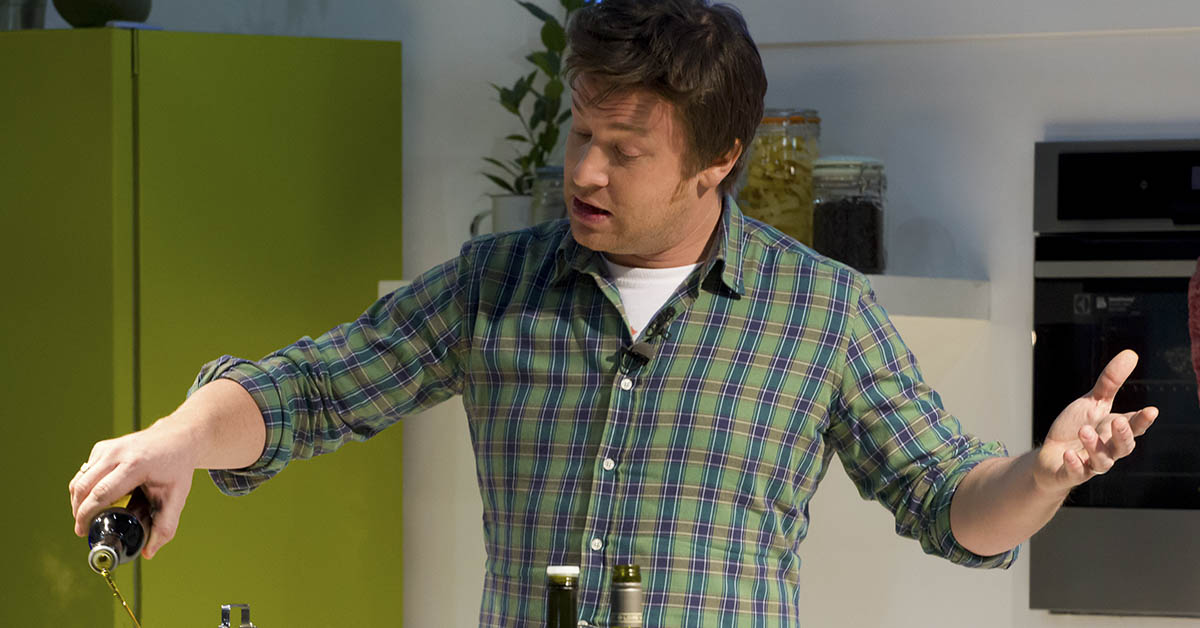
Renowned chef and healthy eating advocate, Jamie Oliver, has been facing a hidden struggle with slipped discs for the past four years. This condition has left him incapacitated at times, unable to stand for more than 40 seconds. But what exactly causes herniated discs, is recovery possible, and more importantly, how can they be prevented? Let’s delve into what we know about Jamie Oliver’s health condition and how individuals can protect themselves from experiencing similar challenges.
Understanding Jamie Oliver’s Health Condition
Behind his charismatic and energetic persona, Jamie Oliver has been silently battling the debilitating effects of slipped discs. This occurs when the soft inner portion of a spinal disc pushes through the tougher exterior, resulting in pressure on surrounding nerves and causing pain, weakness, and limited mobility. His struggle with this condition has led to moments of excruciating pain and the need for assistance to perform everyday tasks.
“I’m just getting back into normal gyming as I’ve had four years of three slipped discs. It’s about managing it — my job doesn’t allow me not to work,” Jamie said. (1)
What Is A Herniated Disc?
A herniated disc occurs when the soft inner portion of a spinal disc pushes through a crack in the exterior, leading to pressure on surrounding nerves and resulting in pain, weakness, and limited mobility. It is most common in the lower back and neck regions. (2)
Causes of Herniated Discs
Herniated discs can arise due to various factors, both acute and chronic. Some common causes include (3):
- Age: As we age, spinal discs lose their elasticity, making them more susceptible to herniation.
- Physical stress: Activities involving repetitive bending, heavy lifting, or twisting the spine can increase the risk of herniation.
- Poor posture: Maintaining a poor posture or sitting improperly for extended periods can contribute to spinal disc pressure and herniation.
- Excess body weight: Carrying extra weight puts strain on the spine, raising the likelihood of disc herniation.
- Genetics: Some individuals may be genetically predisposed to weak spinal discs, making them more prone to herniation.
Prevention is Key
While slipped discs may seem unavoidable, there are measures one can take to reduce the risk or delay their onset:
- Maintain a healthy weight to reduce spinal disc strain.
- Exercise regularly, focusing on activities that strengthen spine-supporting muscles.
- Practice proper posture to alleviate spinal disc strain.
- Lift with care, using proper techniques when handling heavy objects.
- Take breaks during prolonged sitting to relieve pressure on the spine.
Managing a Herniated Disc
For those already experiencing difficulties associated with a herniated disc, various treatments exist to alleviate pain and restore functionality, such as physical therapy, pain management, hot and cold therapy, epidural steroid injections, and in severe cases, surgical intervention. Seeking medical guidance for personalized treatment plans is crucial. Remember that your health should always be a priority, and it’s important to prioritize self-care when faced with such challenges.
The Bottom Line
Jamie Oliver’s battle with slipped discs serves as a reminder that health challenges can affect anyone, regardless of their public persona. Understanding the causes of herniated discs, taking preventive measures, and seeking appropriate medical guidance are crucial. For those already grappling with this condition, various treatment options prioritize pain management and restoration of mobility. Prioritizing self-care is essential when navigating such challenges.





